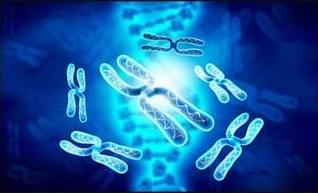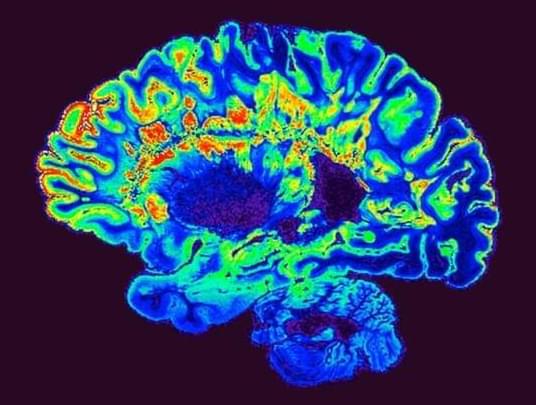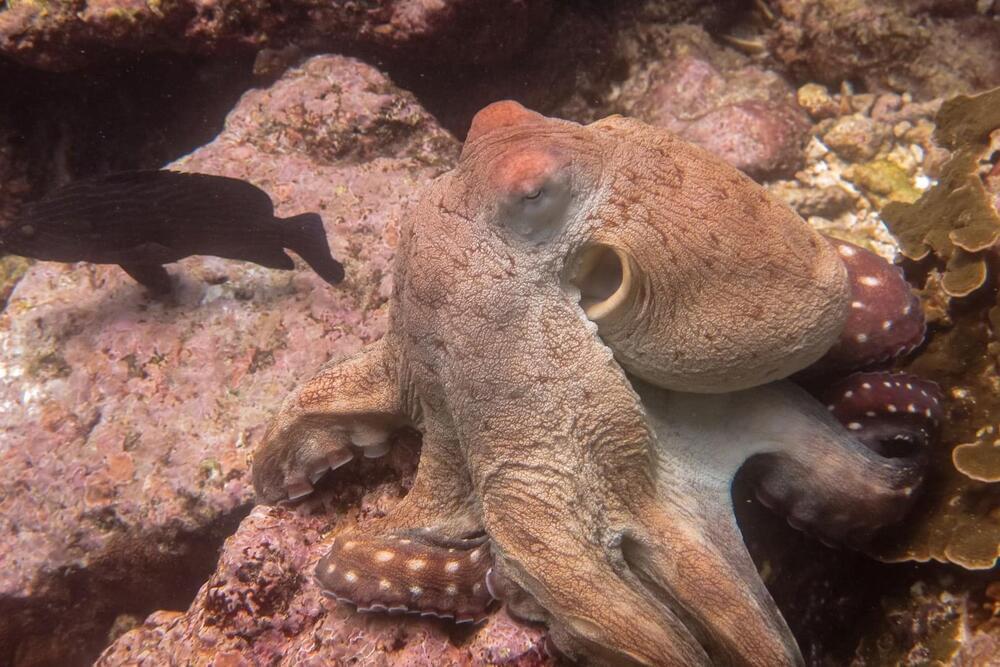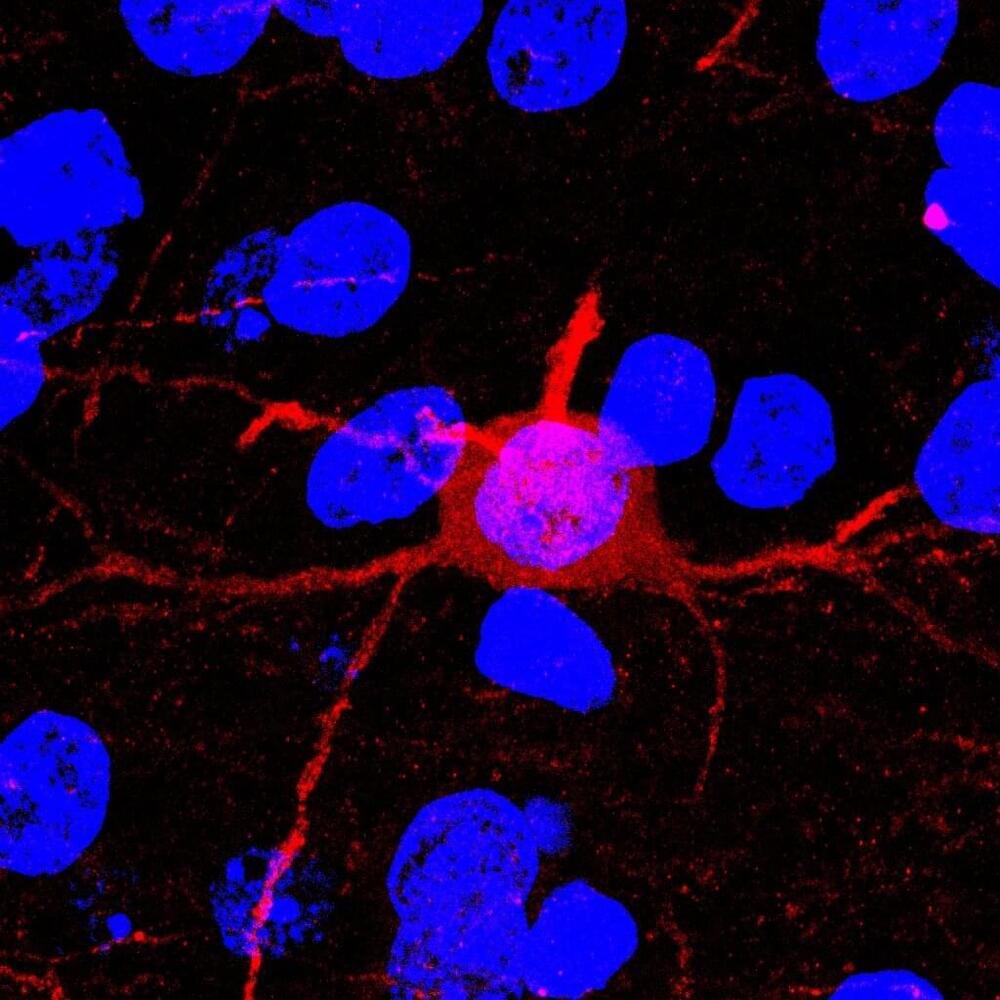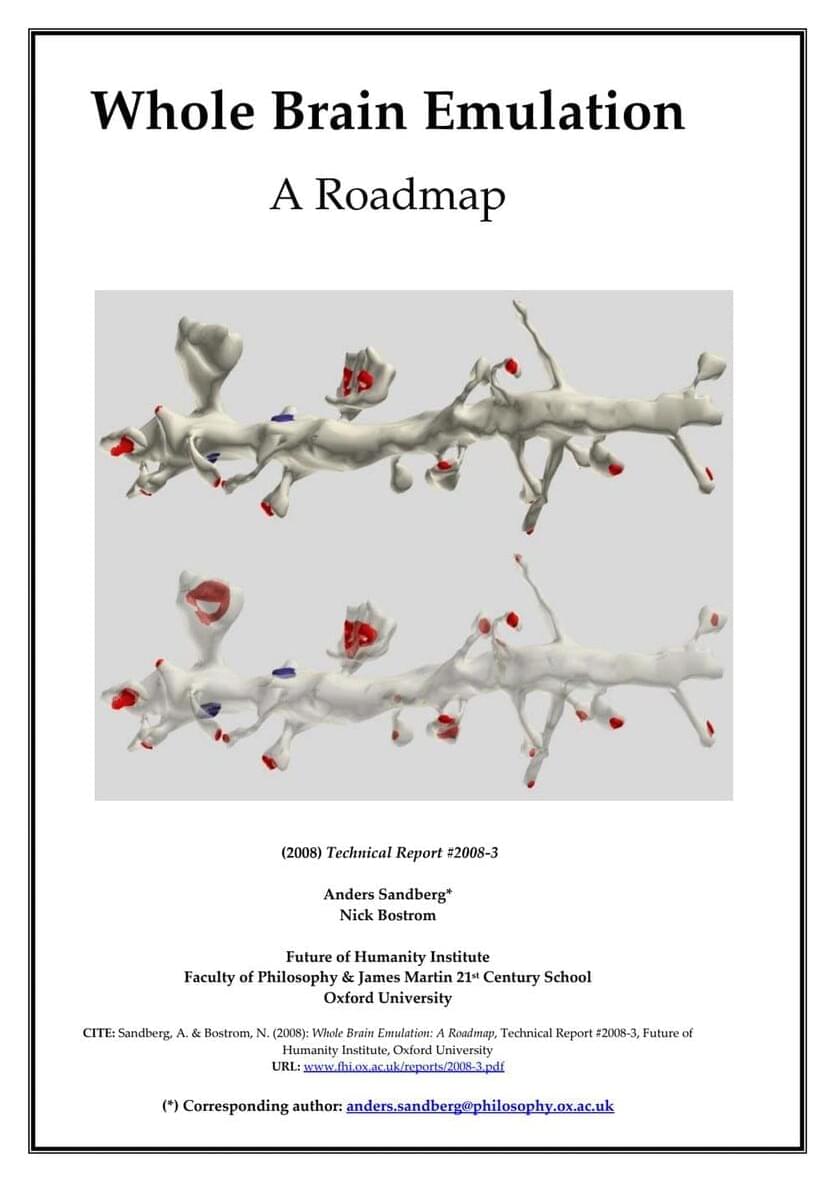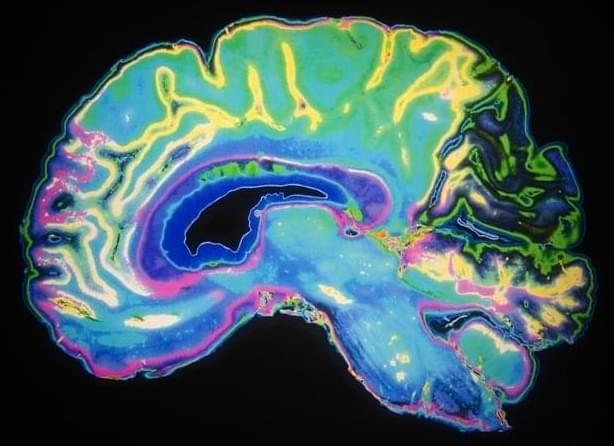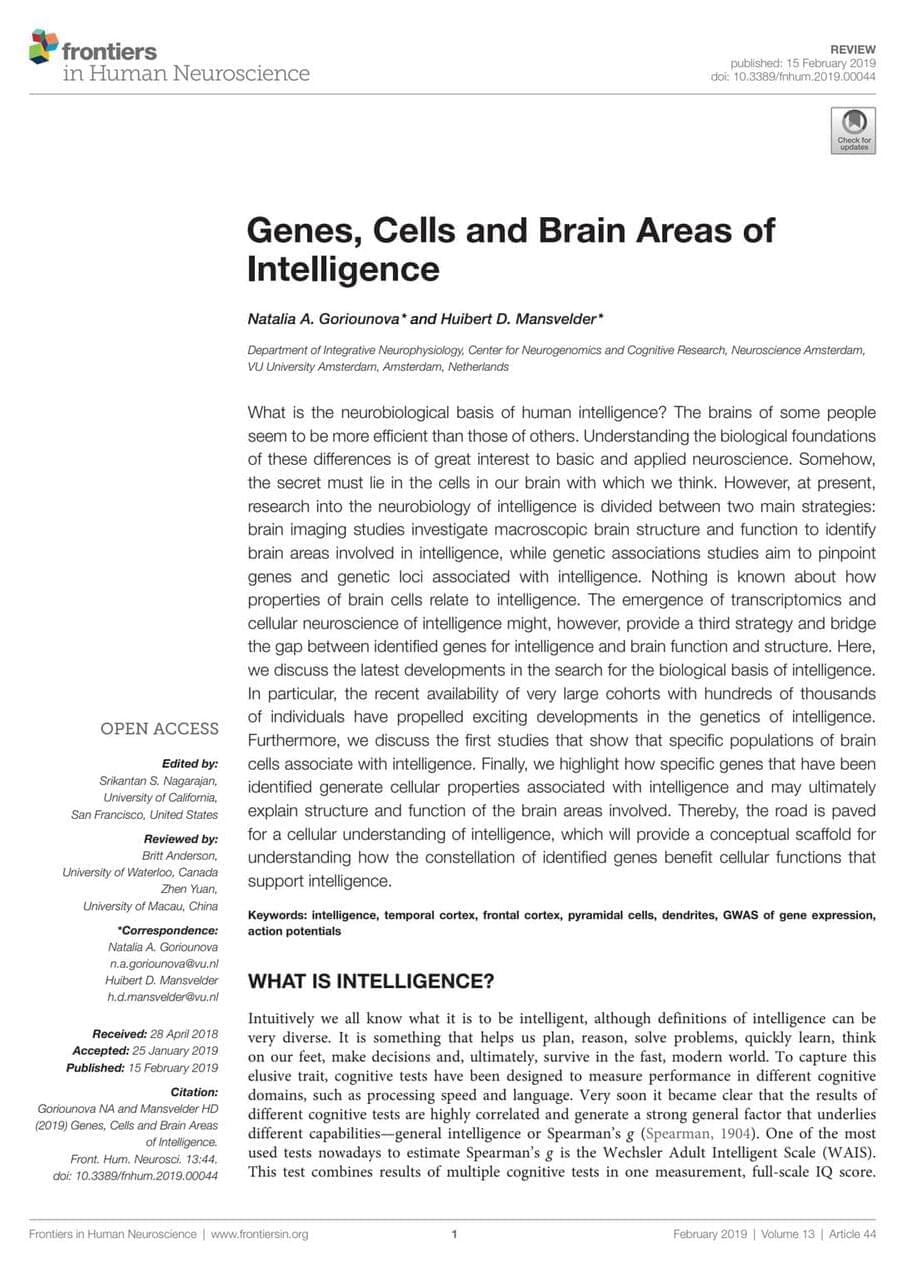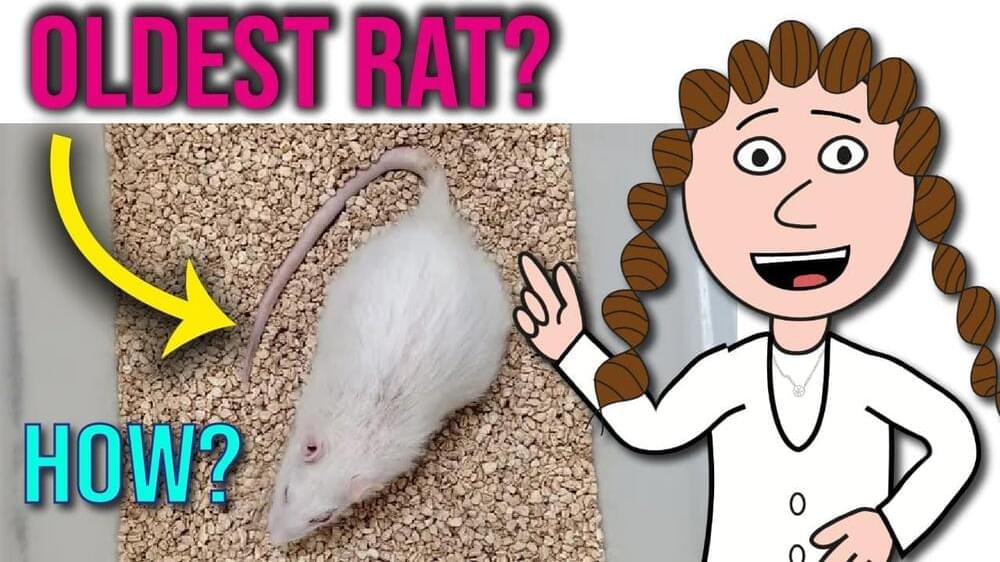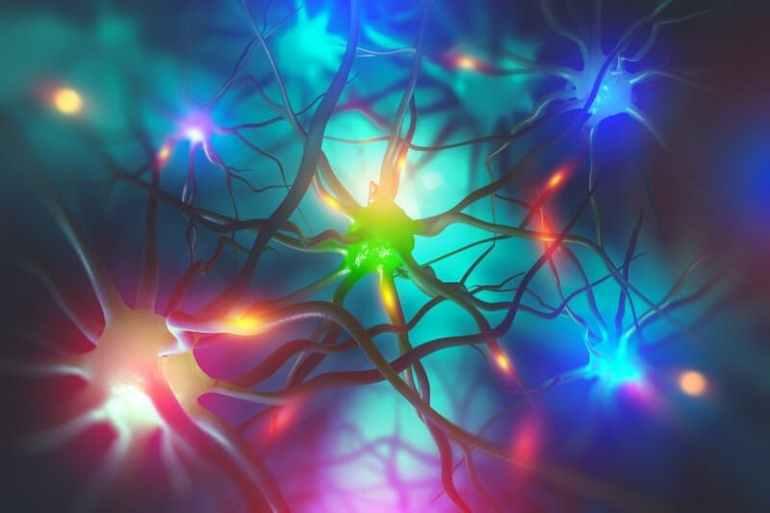Feb 26, 2023
A Roadmap to Rejuvenation: Targeting the Hallmarks of Aging
Posted by Dan Breeden in categories: biotech/medical, life extension, neuroscience
Aging is a complex process, a river fed by several tributaries connected by countless interweaving streams. Its direction is set inexorably towards infirmity, or so it would first appear. Daunting as navigation may seem, their interrelatedness should inspire hope instead of fear.
Aging is undeniably the root of the most common and costly noncommunicable diseases in the developed world, as well as a predisposing factor to severe or fatal reactions to infectious ones. Whatever can be done to slow, halt, or reverse its course holds inestimable economic and humanitarian value (Lee, 2017).
The hallmarks of aging were assembled to broadly conceptualize what lies behind phenomena as seemingly unrelated as gray hair, wrinkles, heart disease, cognitive decline, and cancer. They serve as explanations for why everything from our joints to our eyesight steadily give out over time.
